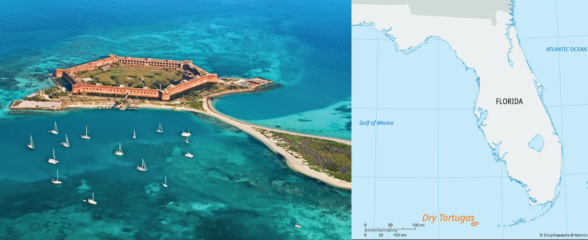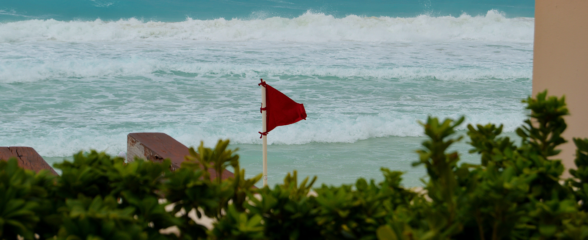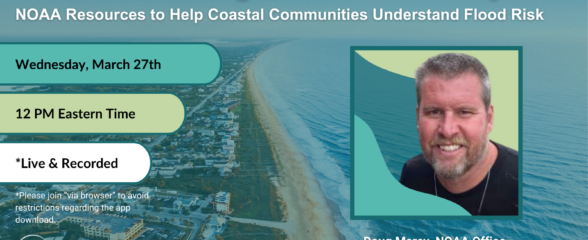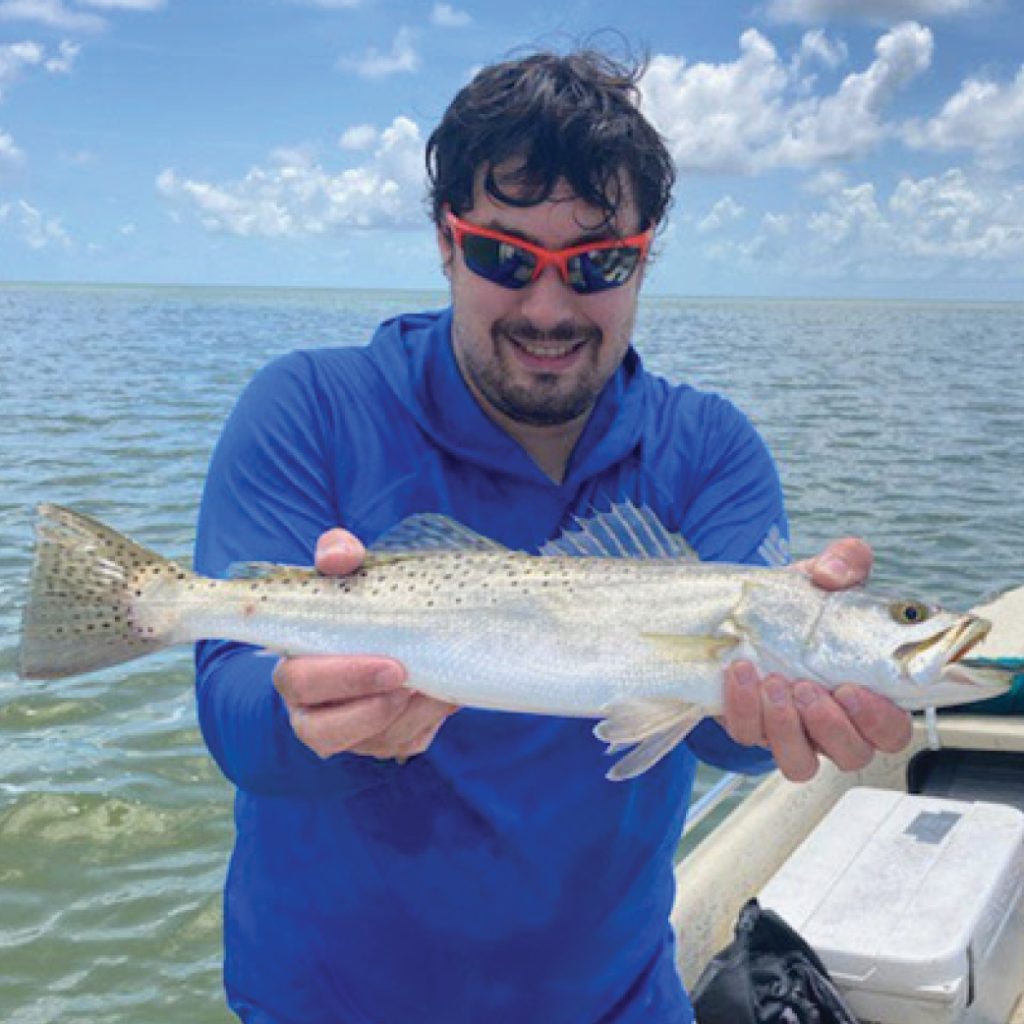Join SECOORA for a webinar titled “It’s hot! How temperature is impacting Spotted Seatrout and seagrass in Florida Bay” on October 26 at noon ET presented by Jonathan Rodemann, Florida International University Ph.D. Candidate.
Jonathan will present preliminary results from a study investigating how temperature drives Spotted Seatrout space use within Florida Bay. Click here to reserve your spot.
Understanding the drivers of animal movement and space use is highly valuable for an appreciation of ecosystem functioning, the provisioning of services, and how to best conserve threatened ecosystems. This is especially true for recreational sportfish in coastal ecosystems, some of the most productive yet anthropogenically degraded ecosystems of the world.
Florida Bay, the largest estuary in Florida, has consistently experienced anthropogenic alteration and degradation since the development of the South Florida canal system in the mid-1900’s. This includes 2 large-scale seagrass die-offs, one in the late 1980’s and one in 2015. It also supports a large recreational sportfishing industry valued at $239 million a year. However, despite the ecological and economic importance of recreational sportfish, the impact of the seagrass die-offs on recreational sportfish movement and space use has never been examined.
Jonathan Rodemann and his team in the Coastal Fisheries Lab at Florida International University are investigating the drivers of Spotted Seatrout space use within Florida Bay. Specifically, they are interested in how temperature drives space use and whether space use is based on temperature, habitat composition, or habitat configuration. This webinar presents preliminary findings from this study.
Click here to reserve your spot for the October 26, 12 PM ET webinar.
Click here to download the flyer.
About the Presenter
Jonathan Rodemann is a 4th year PhD student in the Coastal Fisheries lab at Florida International University. He obtained a Bachelor’s degree in Marine Science from University of Miami and a Master’s degree in Marine Science from Northeastern University. His research interests include seascape and movement ecology, focusing on combining the two to determine how the structure and composition of underwater habitats affect movement and habitat use of fish. His current project looks at how the legacies of a large-scale seagrass die-off impact both the seascape structure and space use of recreational sportfishes in north central Florida Bay.
Click here to reserve your spot for the October 26, 12 PM ET webinar.
Related news

New High Frequency Radar at the Dry Tortugas National Park Improves Ocean Surface Current Measurements Across the Straits of Florida
A new CODAR Low-Power SeaSonde HFR has been deployed by the University of South Florida at Fort Jefferson on Garden Key to measure surface currents to improve understanding and prediction of the Gulf of Mexico Loop Current.

President Biden Proposes Significant Budget Cuts to IOOS for 2025
President Biden’s recent 2025 budget proposal slashed the funding allocated for the Integrated Ocean Observing System (IOOS) by 76%, which would effectively shut down coastal and ocean observing efforts.

Webinar: NOAA Resources to Help Coastal Communities Understand Flood Risk
Join us Wednesday, March 27th at 12 PM Eastern Time for SECOORA's Coastal Observing in Your Community Webinar Series to hear from Doug Marcy with the NOAA Office for Coastal Management.

